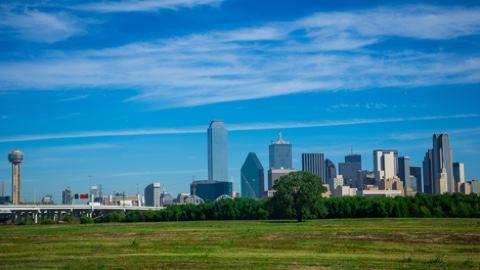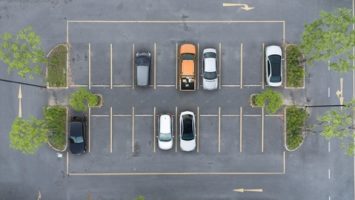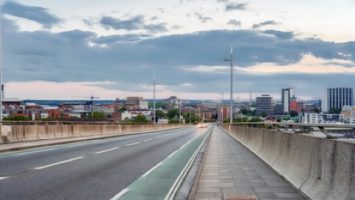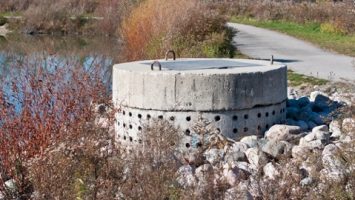
They say everything is bigger in Texas, and Dallas is famous for its larger-than-life personality; so, we asked the city’s Chief Technology Architect Girish Ramachandran about their big plans for smart city growth.
“Dallas is not a small city. We are 400 square miles, and we’re not using a one-size-fits-all approach. We have 1.4 million citizens, and day time traffic of close to one half million in downtown,” said Ramachandran. “That said, I don’t think size dictates whether you are smart or not, it’s how you execute.”
Because of its size, deploying city-wide solutions is tricky and not incredibly practical. For example, to deploy free Wi-Fi across that entire area would be very costly to the city and would cover pockets without consumers to use the service.
Instead, Dallas approaches new technologies in a more measured way: through living test beds. In 2014-2015, the first pilot area, covering 108 acres in the Arts District, tested technologies addressing smart parking, information kiosks, smart water management, and smart leak sensing. Next up: the central business district where the city will work within a public-private partnership, the Dallas Innovation Alliance, to establish smart use cases and consider what might work for the city at large.
“We put the core principles of citizen centricity, data centricity, and adopting smart platforms with security and privacy in place,” said Ramachandran. “Key to Dallas being smart are effectiveness and efficiency. If you take any smart concept, it just boils down to those two things.”
In addition to testing new technologies, Dallas is building a data ecosystem. They hope to create a data sharing environment within the region, beginning at City Hall. The goal is to partner with nonprofits, other cities, and internally to create a data repository for the public to leverage in creating new applications and devising innovative solutions.
“It’s not a data warehouse, but we’re enabling data sharing. If I can learn from you and you from me, that’s how we both get smarter,” Ramachandran said. “We want to try to break silos. Dallas is in a good position to lead and influence that.”
Dallas isn’t just learning from its city neighbors; it’s also learning from the citizens. In addition to community meetings and workshops, its launch of Dallas Ideas will encourage citizens to share thoughts about services with a thumbs up / thumbs down application, similar to other social media sites.
“What amazes me about Dallas is the diversity you see in the community and the willingness to work together. In this role and as a private citizen, there is a lot of engagement,” Ramachandran said. “It’s not a community that just sits and waits on things to happen, and that’s a good thing. The challenge and opportunity to collaborate is what I love. The success of my city is the success of someone else out there, too.”
Learn more about Dallas’ smart city efforts online through http://dallascityhall.com/departments/ciservices/Pages/home.aspx and the Dallas Innovation Alliance: http://www.dallasinnovationalliance.com/ or talk to them on social @dallassmartcity.


